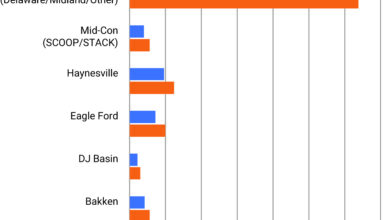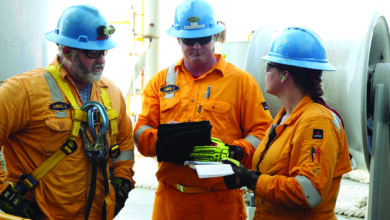By Linda Hsieh, Editor & Publisher
On 15 March, the US Securities and Exchange Commission (SEC) issued a statement inviting public input on climate change disclosures. The commission noted the dramatic increase in investor demand for company disclosures around climate change risks, impacts and opportunities.
The statement asked for input on issues such as: Where and how should climate change disclosures be provided? What information related to climate risks can be quantified and measured? What are the advantages/disadvantages of establishing different climate change reporting standards for different industries?
This call for public input follows a recommendation, issued in December last year by the SEC’s Asset Management Advisory Committee, for the SEC to require the adoption of standards by which corporate issuers disclose material ESG risks.
In short, this likely means that climate-related disclosure requirements are coming down the pipeline. “Yes, I do expect that we’ll see US regulators taking a more active role when it comes to climate and ESG,” Allison Herren Lee, Acting Chair of the SEC, said at CERAWeek 2021 in early March.
The SEC is already engaging with a variety of stakeholders to find the best way forward, she noted. These include the Financial Stability Board, an international body that monitors and makes recommendations about the global financial system, and the International Organization of Securities Commissions, which represents securities/futures regulators in various national jurisdictions.
“I think cooperation is key,” Ms Lee said. “It’s important for all of us internationally to work towards some common principles that can serve as a baseline – kind of a baseline of consensus on certain issues – and then individual jurisdictions can build off of that and tailor it to fit their specific needs.”
Whatever disclosure framework the SEC ends up adopting, she said, the goal is for the disclosures to be relevant, standardized, comparable and reliable. “That’s what investors worldwide are demanding. That’s what they need to make their own decisions about how to deploy and allocate their capital.”
So, why is regulatory action needed for such disclosures? For one, there are many shortcomings with the voluntary framework that’s being used now, Ms Lee asserted. “Not everyone discloses, and that means significant gaps, an unlevel playing field for many businesses. It also means inconsistencies among those who do disclose, so investors can’t really compare across businesses or across industries.”
A voluntary framework is also unreliable, since investors can’t trust that any of the information presented has been verified and analyzed independently.
Ms Lee compared the SEC’s work on climate disclosures to the standardization of financial reporting, which also wasn’t achieved through a voluntary regime.
Pushback to the SEC
While some are welcoming the SEC’s move to standardize ESG-related disclosures, others believe such requirements would amount to regulatory overreach. On 25 March, West Virginia Attorney General Patrick Morrisey issued a letter to Ms Lee, stating that these types of disclosures are outside of the SEC’s regulatory purview.
“There is a significant constitutional obstacle to the unprecedented and dangerous course you charted in your remarks,” the letter stated. “If the Commission proceeds down this pathway, states and other interested stakeholders will not hesitate to go to court to oppose a federal regulation compelling speech in violation of the First Amendment.”
The public has 90 days to submit comments. In particular, the SEC is soliciting empirical and other information that could help to assess the materiality of climate-related disclosures, and the costs/benefits of different regulatory approaches to climate disclosure. DC
Click here to view the SEC’s call for comments on climate disclosures.





